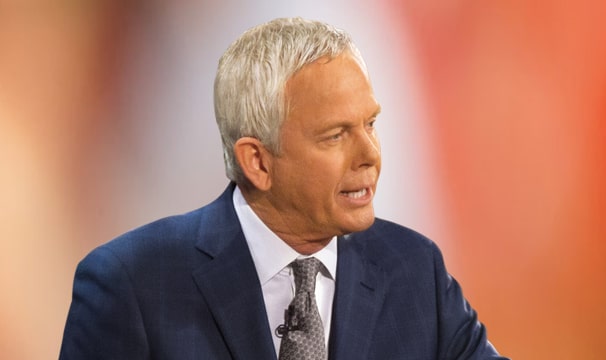Abram is called the father of faith. He walked in the kind of faith that is a model to all generations—the faith that pleases God. He believed that his covenant with God would bring him increase just as God had promised. As a result, he experienced increase for the rest of his life.
God spoke to Abram once again regarding His covenant in Genesis 17. It was at this time that God changed Abram’s name to Abraham. The Lord established the way the covenant was to work and declared that He would “multiply him exceedingly” (v. 2).
The Lord continued to increase Abraham in land, cattle, wealth, and descendants. In fact, God caused him to prosper in every aspect of his life.
When we begin to understand this covenant relationship between God and Abraham, we can comprehend our covenant relationship with God to a greater degree because we are the “seed of Abraham.” Galatians 3:29 says, “And if you are Christ’s, then you are Abraham’s seed, and heirs according to the promise” (NKJV).
Therefore, the better we understand how God blessed Abraham, the better we will understand our own position in Christ. But for far too long the Body of Christ has struggled with the realization that God wants to bring increase and even financial miracles into their lives.
There seems to be an underlying fear that to want God to bring any kind of material increase was to be materialistic. This fear of financial increase as a part of the blessing of God has been fed by people who have a misconception of God Himself.
To be materialistic means to endeavor to satisfy an emotional or spiritual need with a physical thing. No devoted believer wants to have material things in a place of priority over their relationship with the Lord. God wants us to increase materially as long as we possess the things, but the things do not possess us.
When King David fell to his darkest moment through adultery and murder, the Lord spoke to him saying, “I anointed you king over Israel, and I delivered you from the hand of Saul. I gave you your master’s house and your master’s wives into your keeping, and gave you the house of Israel and Judah. And if that had been too little, I also would have given you much more!” (2 Samuel 12:7-8 NKJV).
God did not rebuke David by telling him he had too much. David had sinned, but it was not the wealth or power that was the problem. God was ready and willing to increase him even further if that was what David had wanted.
God does not want to withhold His abundance from us, but we must walk with Him and honor His Word for the promise of increase to come to us.



